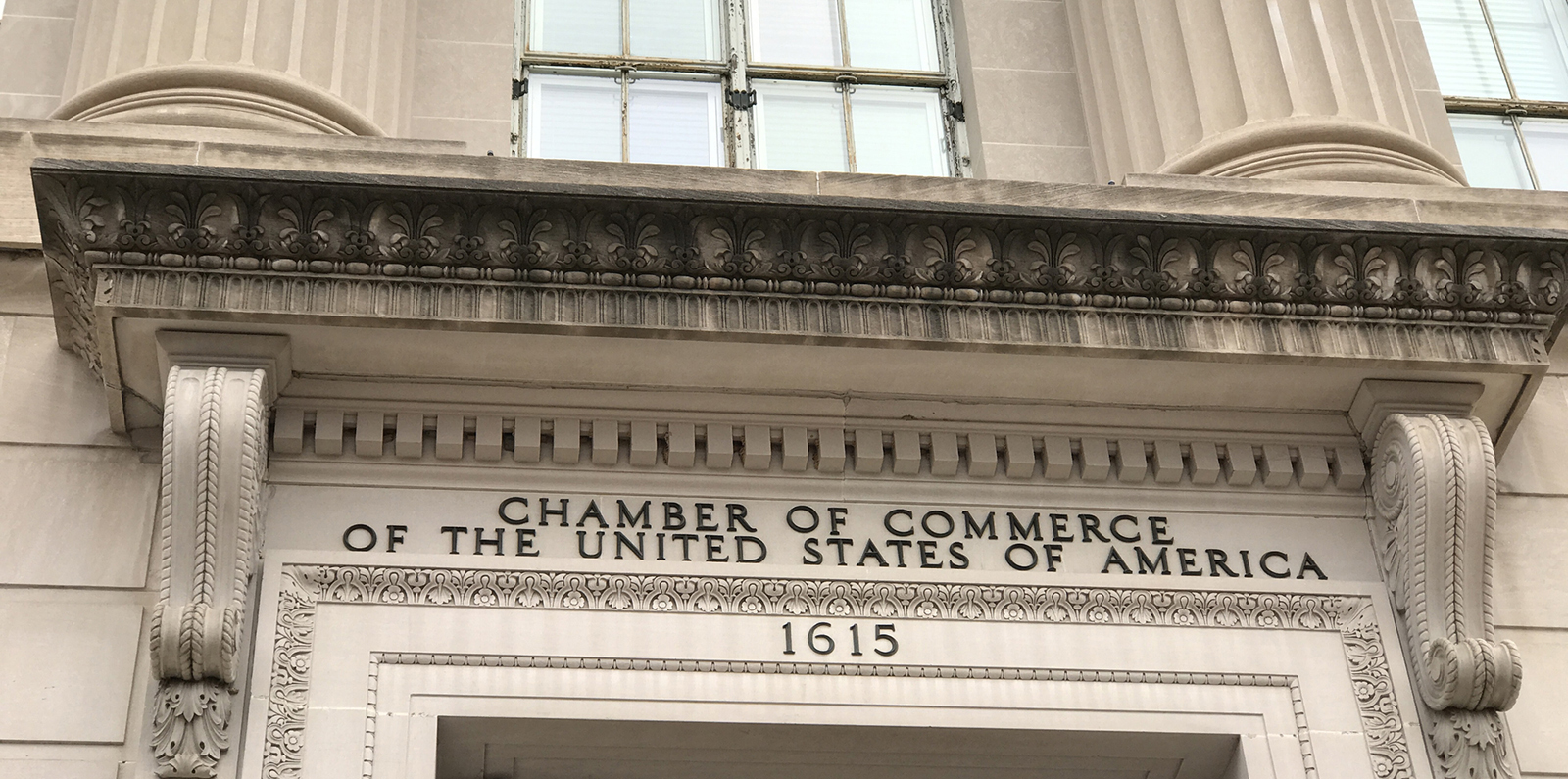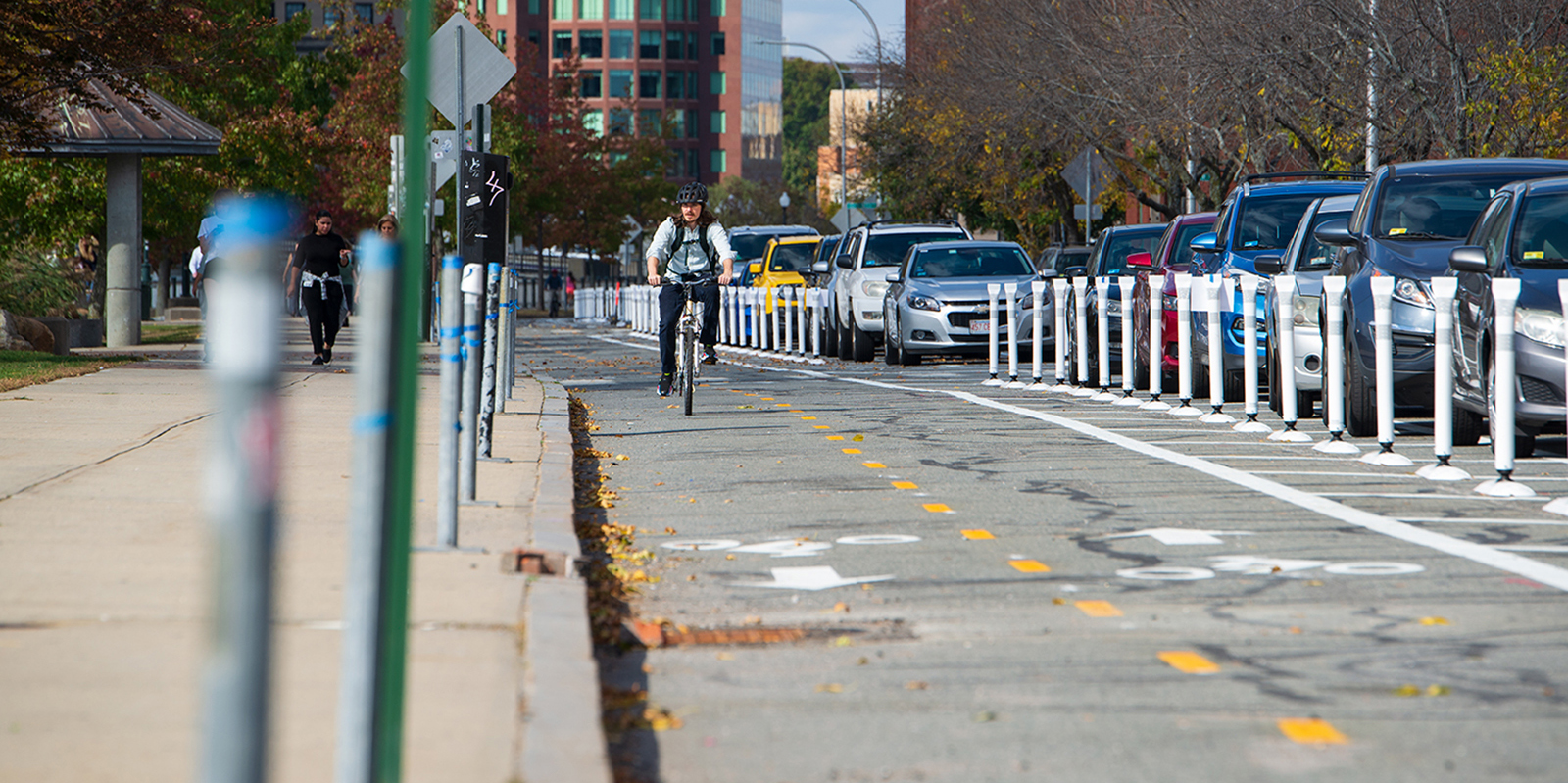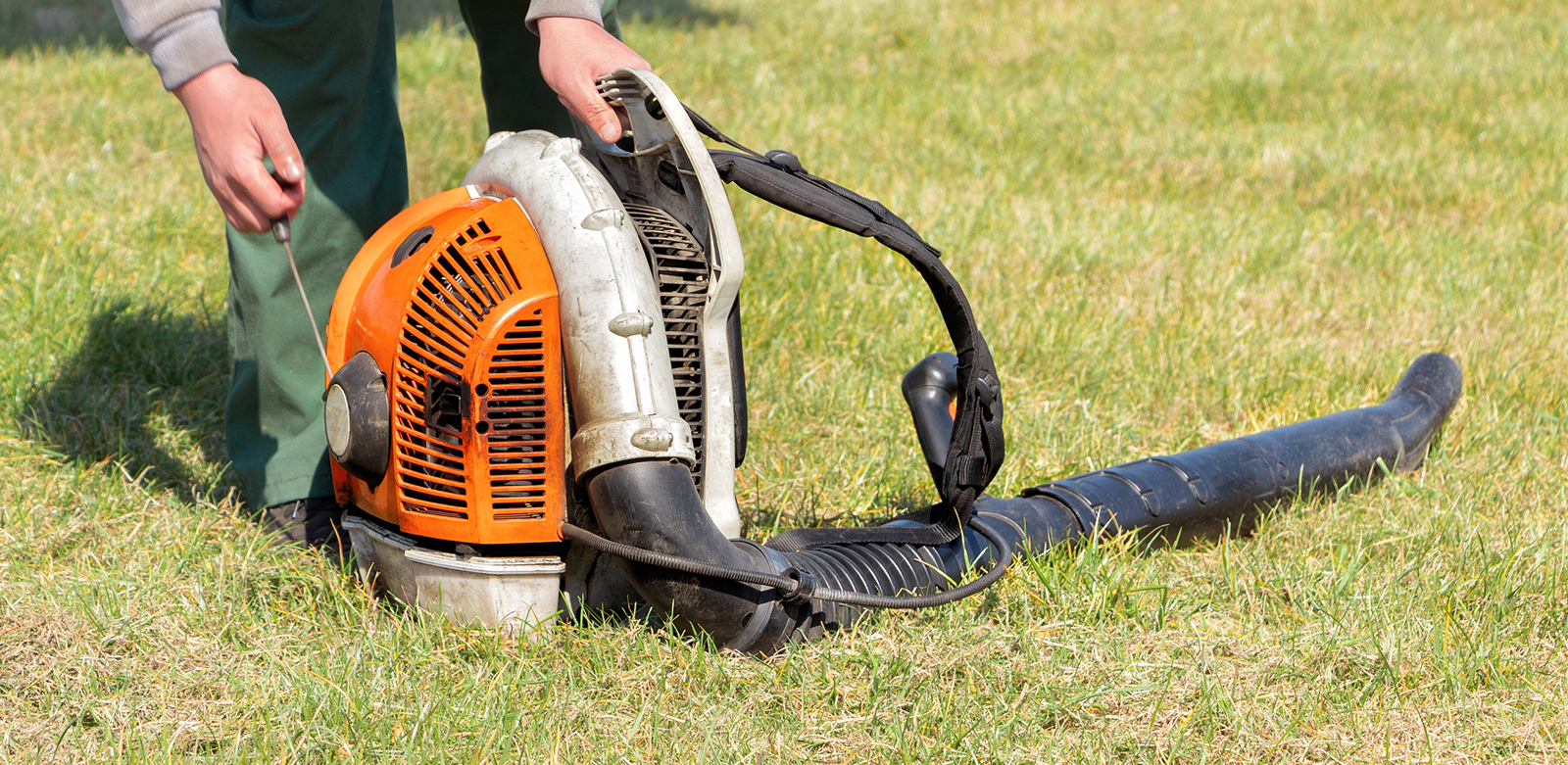Ohio Derailment That Spilled Toxic Chemicals and Shook Community Should Raise Alarms Here
May 4, 2023
PROVIDENCE — The horrific train derailment in early February that released toxic vinyl chloride on an Ohio community rattled a 52-year-old substitute teacher 590 miles away in an apartment on the Pawtucket line.
Shortly after the alarming accident in East Palestine, Ohio, was reported, the former Brooklyn, N.Y., native who has been living in Rhode Island for the past 16 years reached out to the mayor’s office, the Providence Emergency Management Agency, the attorney general’s office, and the state Department of Environmental Management. His emails asked about safety protocols to prevent local chemical spills on roadways, railways, and waterways.
Only one of his emails received a response, from the Providence Emergency Management Agency more than a month later. (He didn’t want his name used for fear of upsetting the wrong person in a state where everybody knows somebody. Let’s call him Omar.)
The agency’s deputy director provided a detailed and professional response. He noted the answer to Omar’s main concern depends on the type of incident.
Omar is grateful for the response, but it didn’t particularly relieve his concerns. He noted one sentence, at the end, stood out: “When it comes to the fine details on the enforcement side of the house, we really don’t execute that function — that is a USEPA/RIDEM function, so I can’t speak too much on that.”
The concerned Providence resident reached out to DEM again, and again he didn’t receive a response.
Omar and his fellow Greater Providence residents have reasons to be concerned.
A recent ProPublica investigation found that as trains get longer and railroad barons get richer, their “monster trains” are jumping off tracks across the country and regulators are doing little to curb the growing risk.
The fellow nonprofit newsroom found that many of the corporations that run railroads have “adopted a moneymaking strategy to move cargo faster than ever, with fewer workers, on trains that are consistently longer than at any time in history.”
“Driven by the efficiency goals of precision scheduled railroading, companies are forgoing long-held safety precautions, such as assembling trains to distribute weight and risk or taking the proper time to inspect them,” according to ProPublica. “Instead, their rushed workers are stringing together trains that stretch for 2 or even 3 miles, sometimes without regard for the delicate physics of keeping heavy, often combustible tanker cars from jumping off the tracks.”
It’s always about the money. Profit over people, public health, and the environment. That’s what worries Omar here.
After not hearing from any of the local or state entities he reached out to, Omar emailed ecoRI News. In his email to us, he linked to a 2021 story by The Associated Press headlined “US rail industry defends safety record amid staffing cuts.”
“I found this article from a few years back that elucidates the collusion that allows for crimes like the ones in Ohio and elsewhere to take place,” Omar wrote.
This is the story’s lead: “Even as railroads are operating longer and longer freight trains that sometimes stretch for miles, the companies have drastically reduced staffing levels, prompting unions to warn that moves meant to increase profits could endanger safety and even result in disasters.”
A Norfolk Southern train carrying vinyl chloride used to produce PVC plastic derailed Feb. 3 in East Palestine, a small industrial town of 4,700 people. According to court documents, 1.1 million pounds of the chemical, a known human carcinogen, were allegedly released into the environment.
As the fire threatened to ignite tankers full of the chemical days later, emergency responders, fearing a major explosion, conducted a controlled burn of the substance. Environmental researchers have said the combustion of vinyl chloride almost certainly created dioxins, highly toxic chemicals that can remain in the environment for years.
In the last quarter of 2022, Norfolk Southern reported that railway operating revenues of $3.2 billion were a fourth-quarter record, up 13% ($385 million) compared with fourth quarter 2021. For the year, Norfolk Southern’s operating revenues were a record $12.7 billion, up 14% ($1.6 billion) compared with 2021.
East Palestine, however, is hardly the only U.S. community that has been impacted by such an environmental/public heath disaster or is at risk of experiencing one, especially when public safety is a distant second to profit.
Greed is what concerns Omar when it comes to the transport of dangerous chemicals, poisons, and flammable fuels through Rhode Island via rail, road, or water. I recently met with him at a coffee shop not far from Allens Avenue, the state’s most toxic street.
“Are we sitting ducks here because we have no plan in place that prevents these kind of accidents?” he asked. “I’m not talking about an emergency plan after a train derails; I’m talking about making sure these accidents don’t happen. I want to hear about prevention. It only takes one incident.”
Omar said it’s hard not to be concerned when he reads stories about a lack of safety inspections being conducted, safety personnel being laid off, and profits surging.
“The toxic chemical crisis that recently occurred in Ohio has prompted my concerns about the transport of petrochemicals and other highly toxic substances through our urban corridor,” Omar wrote in his email to local and state agencies. “It wouldn’t take much for an accident to place neighborhoods under a blanket of poisonous substances.”
In fact, accidents, like the one in northeastern Ohio, are happening with striking regularity, according to a recent analysis by The Guardian. The story, which used data collected by the Environmental Protection Agency and by nonprofits that track chemical accidents, shows that accidental releases — be they through train derailments, truck crashes, pipeline ruptures, or industrial plant leaks and spills — are happening consistently across the country.
In the first seven weeks of this year, there were more than 30 accidents recorded by the Coalition to Prevent Chemical Disasters, roughly one every day and a half. Last year the coalition recorded 188, up from 177 in 2021. The group has identified more than 470 incidents since it started keeping track in April 2020.
High-risk industrial and commercial facilities that use and/or store hazardous chemicals are found in every state, according to the Coalition to Prevent Chemical Disasters. Some 124 million people — nearly 40% of the U.S. population — live within 3 miles of one of about 12,500 hazardous facilities included in the EPA’s Risk Management Program.
Providence, especially the city’s 02905 zip code, is home to accidents waiting to happen. About a dozen polluters in 02905 are routinely listed in the EPA’s Toxics Release Inventory. This section of the city contains a greater number of polluting facilities than any other zip code in Providence County.
Since 2017, the Port of Providence and Allens Avenue have experienced accidents that were bad but could have been significantly worse: derailment of a train transporting 20 tanker cars carrying 30,000 gallons of ethanol; rupture of a high-pressure pipeline that released about 19 million cubic feet of methane (enough natural gas to heat 190,000 homes for a single day); a tanker truck accident that spilled some 5,500 gallons of gasoline; an excavator fire; and a fire at a metal scrap yard that set a large pile of junk ablaze.
The 02905 is home to dozens of huge tanks filled with fossil fuels such as liquefied natural gas, liquefied petroleum gas, propane, and oil, and others containing roofing asphalt flux and other asphalt products. Chemicals, many of them combustible and/or toxic such as ammonium, chlorine, and formaldehyde, are also stored at and delivered to the Port of Providence.
“One of my biggest worries is that, too often, preventing catastrophic events comes second to cleaning up the disaster zones or covering up the severity of the damage done,” Omar wrote in his email to Rhode Island officials. “All the energy expended on the latter should be concentrated on the former to avoid tragic events as have befallen the residents of Ohio.”
He told me at the end of our conversation that, “People won’t react until it lands on their doorstep. They don’t think about it until it impacts them and something terrible happens. … I don’t want it landing on my doorstep, my neighbor’s doorstep, or anywhere else around here.”
Frank Carini can be reached at [email protected]. His opinions don’t reflect those of ecoRI News.




As a point of clarification, regarding the question of “safety protocols to prevent local chemical spills on roadways, railways, and waterways.”, all transportation of hazardous materials is regulated by the Federal Department of Transportation (USDOT), not EPA or DEM. EPA and DEM only enforce after a spill has occurred.
seems to me though there is legitimate concern about railroad safety, I’ve read that derailments have actually been trending lower in the last 10 years or so, suggest we look up the statistics before scaring us with “toxic trains.”
I think some in the environmental community that do view-with-alarm are overstating “bomb trains” to stimulate fundraising. Certainly there is little chance of excessively long trains in Rhode Island, if anything they are too short, too much of our goods are shipped by truck on our crowded roads.
The freight railroad industry needs to be seen as more of a solution than a problem. The low friction of steel wheels on steel rails and the way one car shields another from air resistance makes rail a much more energy efficient way to ship goods. But the industry has to compete with highly subsidized trucking, barges, and aviation, and this increases pressure for cost-cutting which can indeed pose safety risks. But I note freight trains rarely pose a thereat to road users the way big trucks do, and freight on rail doesn’t contribute to wearing out the public roads and bridges.
Solutions should include ways to incentivize mode shift from trucking/aviation while strengthening rail safety measures and promoting cleaner locomotives. including support for electrification in busy corridors. – US rail lines are one of the least electrified system in the world (some comparisons: India 83% electrified, Italy 76%, Russia 51%, South Africa 47% US < 1%) even though that is along proven technology. I think this emphasis will do much more good than slamming the rail barons!